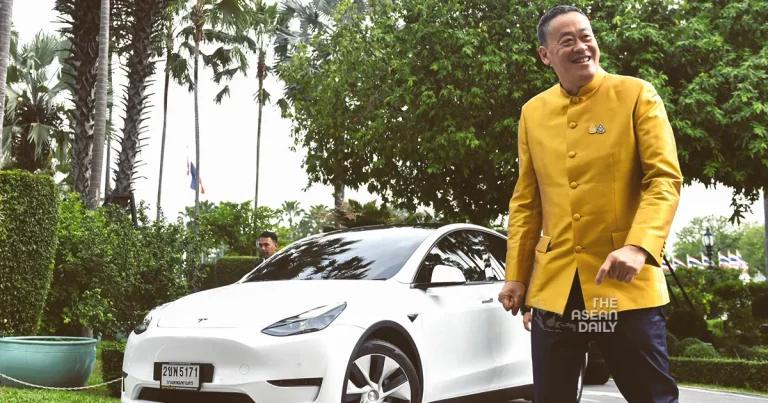17-10-2023 (BANGKOK) Chinese investment in Thailand has surged this year, despite an economic slowdown in China, providing a welcome boost to the country’s new prime minister, who recently visited Beijing to strengthen ties with Thailand’s largest trading partner.
While China’s economic recovery has been sluggish this year, Thailand has maintained its appeal as an attractive investment destination, particularly for Chinese companies.
Between January and August, Thailand received foreign investment applications worth 365.2 billion baht ($10.1 billion), a 73% increase compared to the same period last year. This surge was led by Chinese firms that committed 90.3 billion baht, nearly three times the figure from the previous year, as reported by the Thailand Board of Investment (BOI). Second-placed Singapore also contributed significantly to investment pledges, with 76.4 billion baht, largely from companies originally from China.
BOI Secretary General Narit Therdsteerasukdi noted that Chinese investments continue to increase when reviewing month-by-month statistics, and he anticipates a substantial increase in Chinese investments in Thailand over the next two to three years.
This influx of investments is a significant development as it occurs amid concerns about an economic slowdown in China. It also serves as a boost for Thai Prime Minister Srettha Thavisin, who took office in August with a commitment to revitalize Southeast Asia’s second-largest economy. Thailand’s central bank predicts economic growth to reach 4.4% in 2024, up from a projected 2.8% for this year.
Prime Minister Srettha’s visit to Beijing focused on China’s Belt and Road Initiative and included discussions about electric vehicles. Chinese electric vehicle manufacturers, including BYD and Great Wall Motor, have made significant investment commitments, amounting to at least $1.44 billion, to establish new facilities in Thailand, positioning the country as a regional hub for EV production.
Thailand already serves as Southeast Asia’s primary production center for combustion engine vehicles and hosts major facilities for Japanese car manufacturers like Toyota Motor and Isuzu Motors. This year, a large proportion of the 228 Chinese investment proposals have been in the electronics sector, according to the BOI.
WHA Group, Thailand’s largest industrial estate developer, has experienced continuous business with Chinese companies and anticipates a second consecutive year of record land sales. WHA is in discussions with several major firms in the automotive, technology, and electronics sectors for substantial land sales. This comes after WHA sealed a deal with China’s Changan Automobile, whose 8.86 billion baht EV project received BOI approval.
Jareeporn Jarukornsakul, CEO of WHA Group, expressed confidence that Chinese investments will persist over the next two years, characterizing it as a “golden opportunity.”




